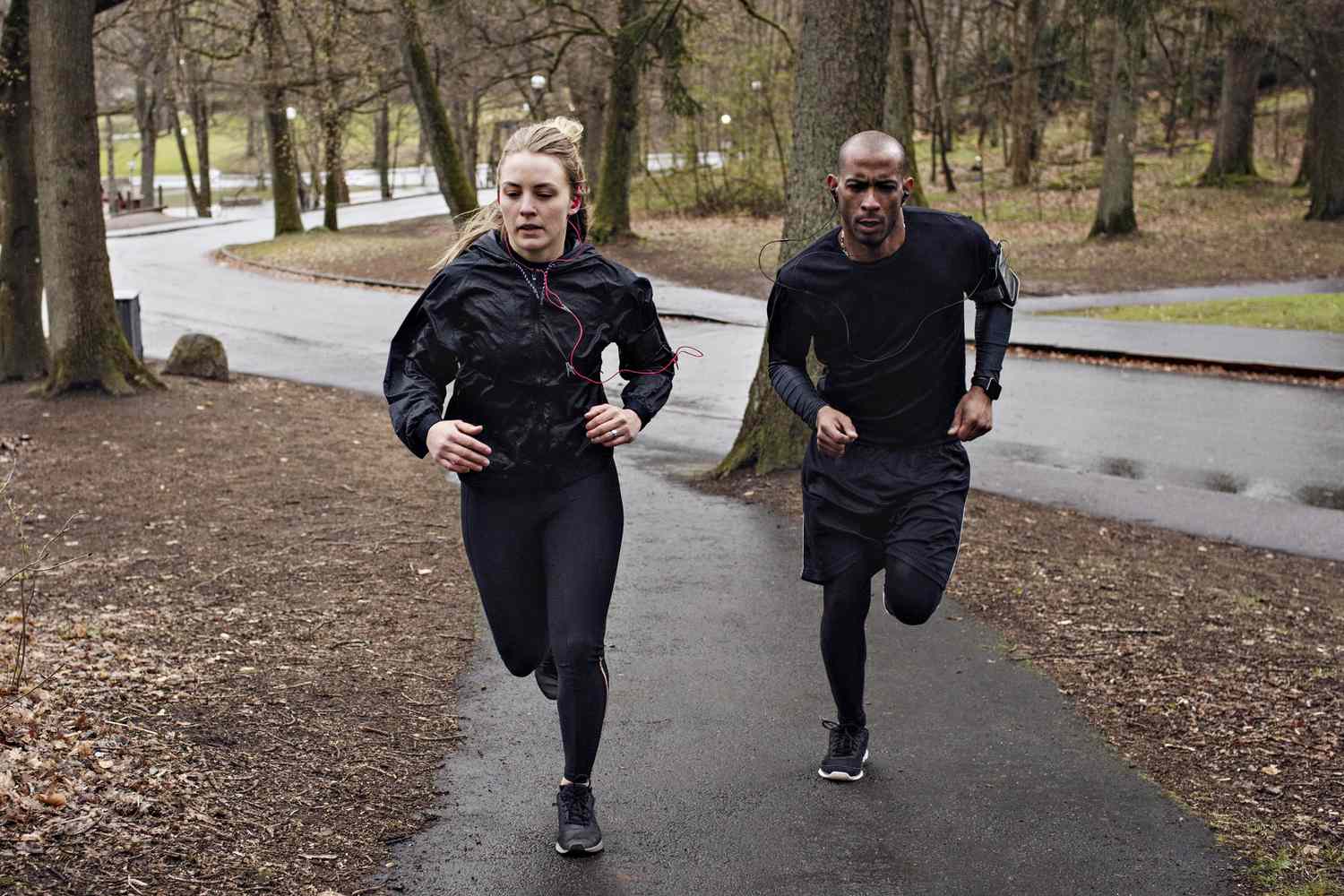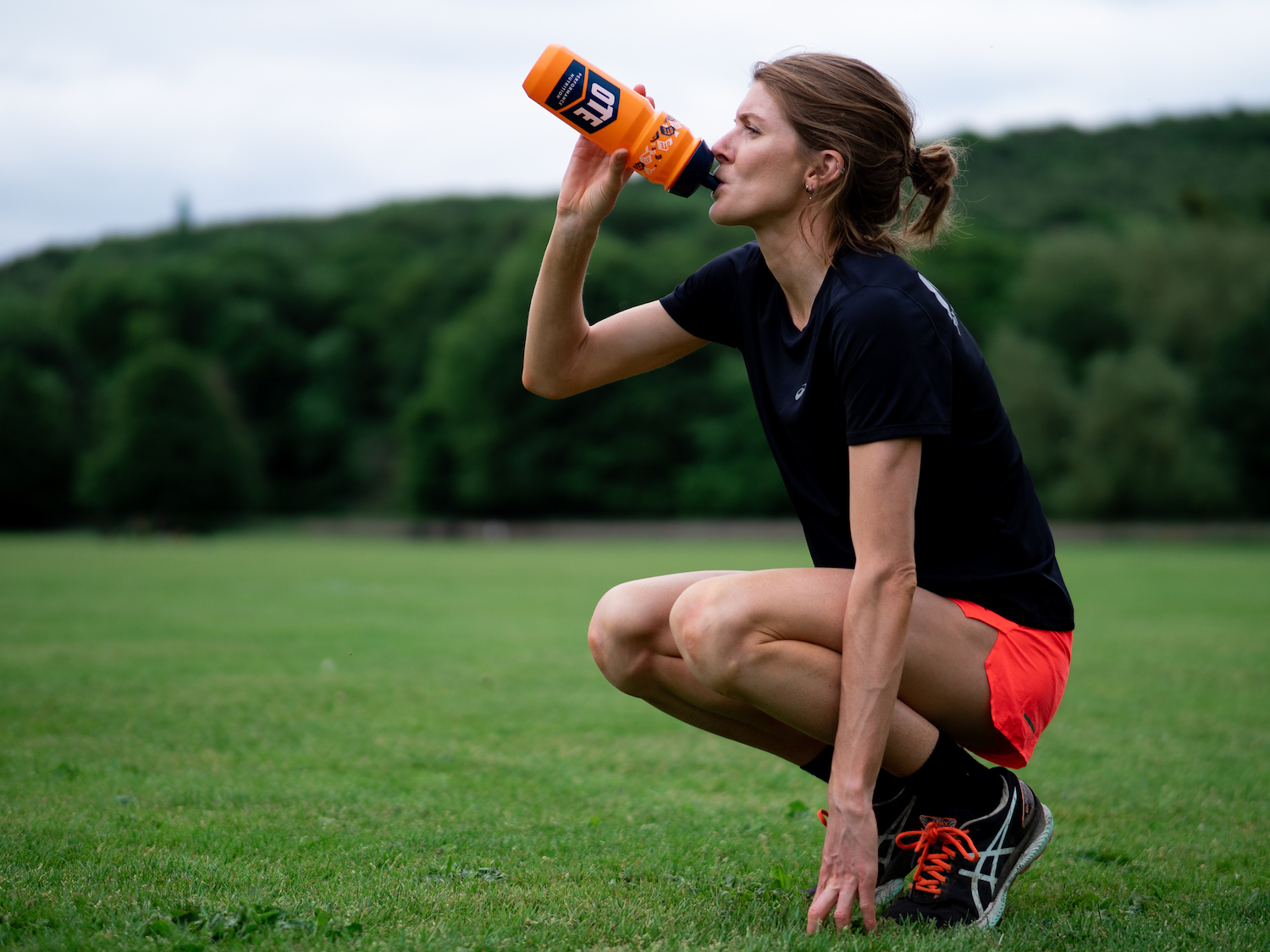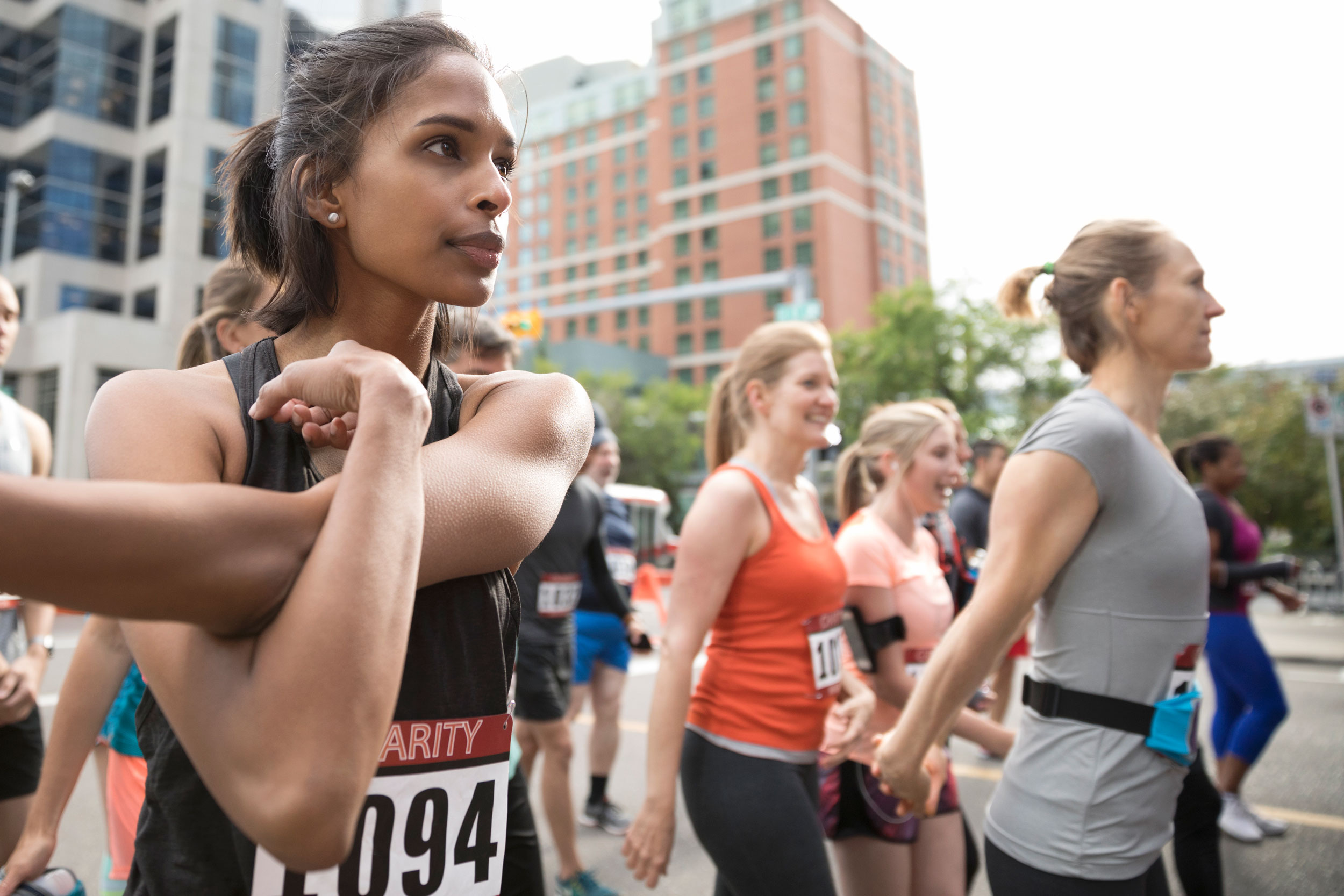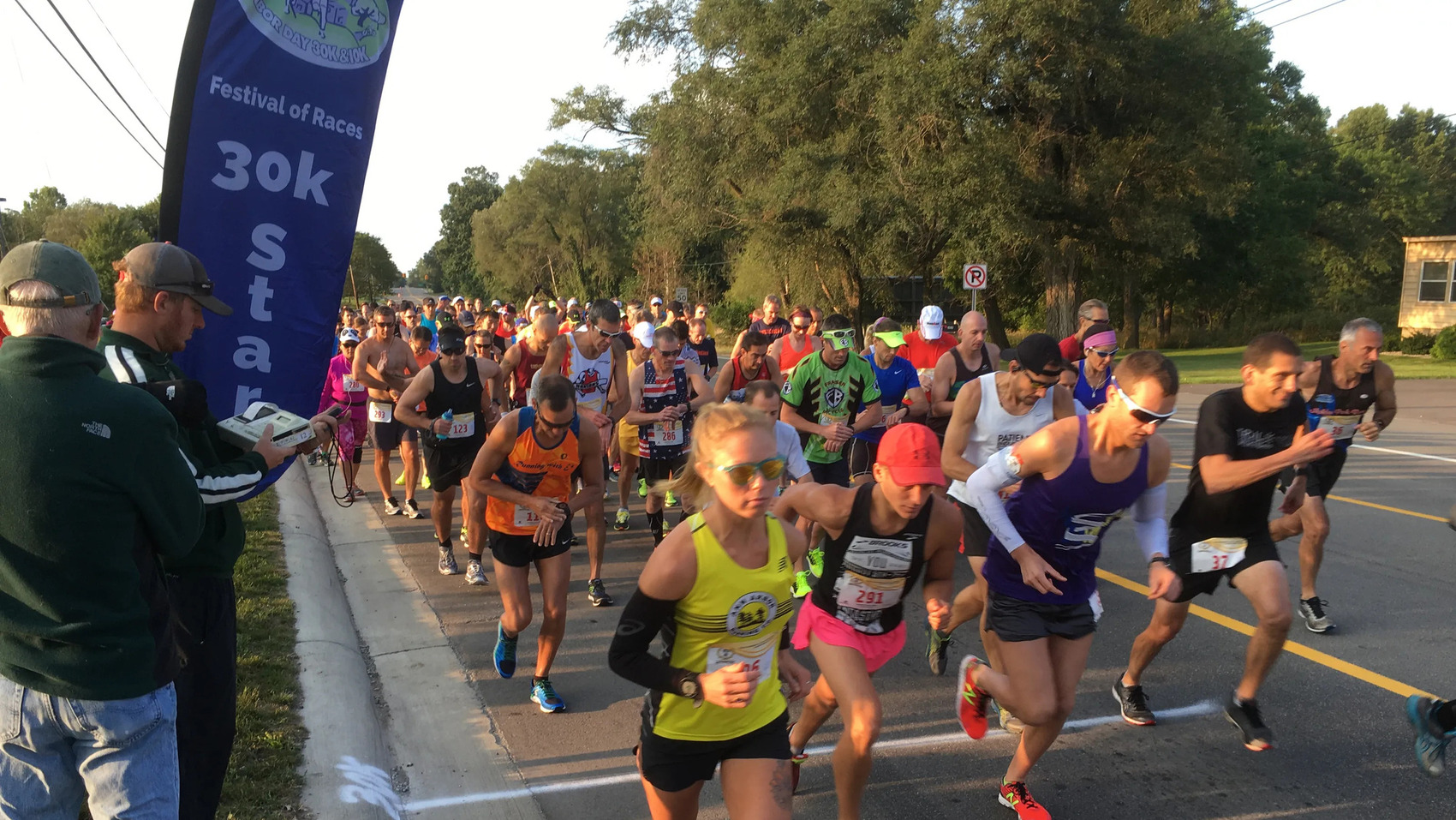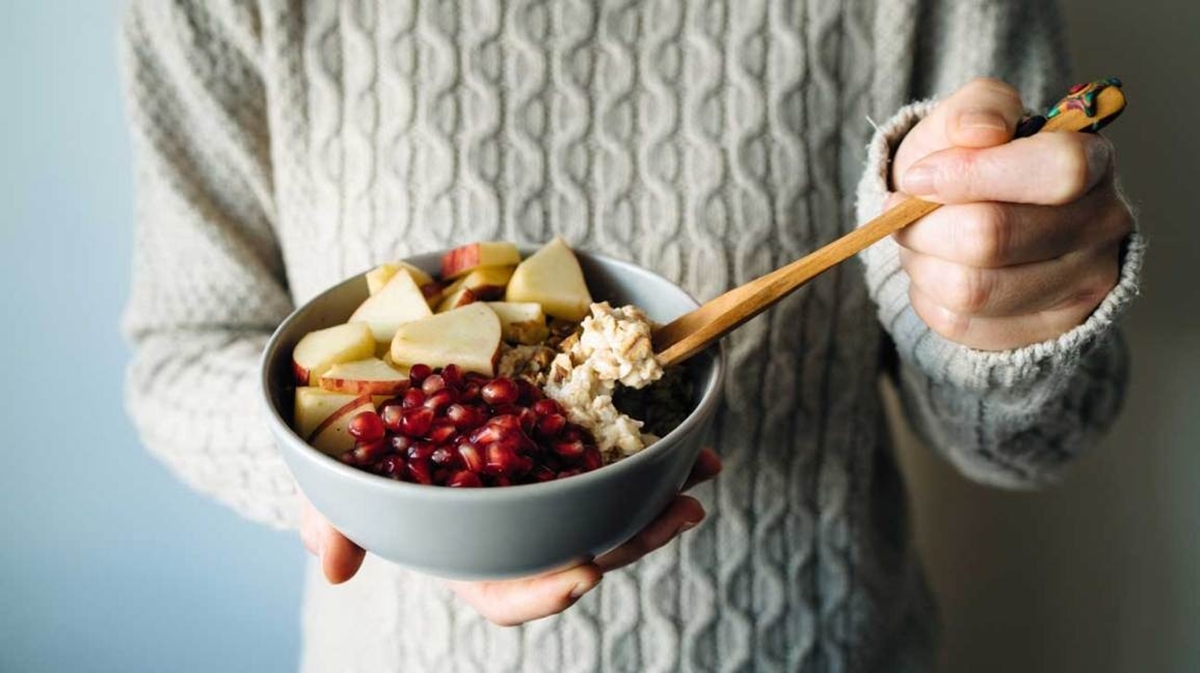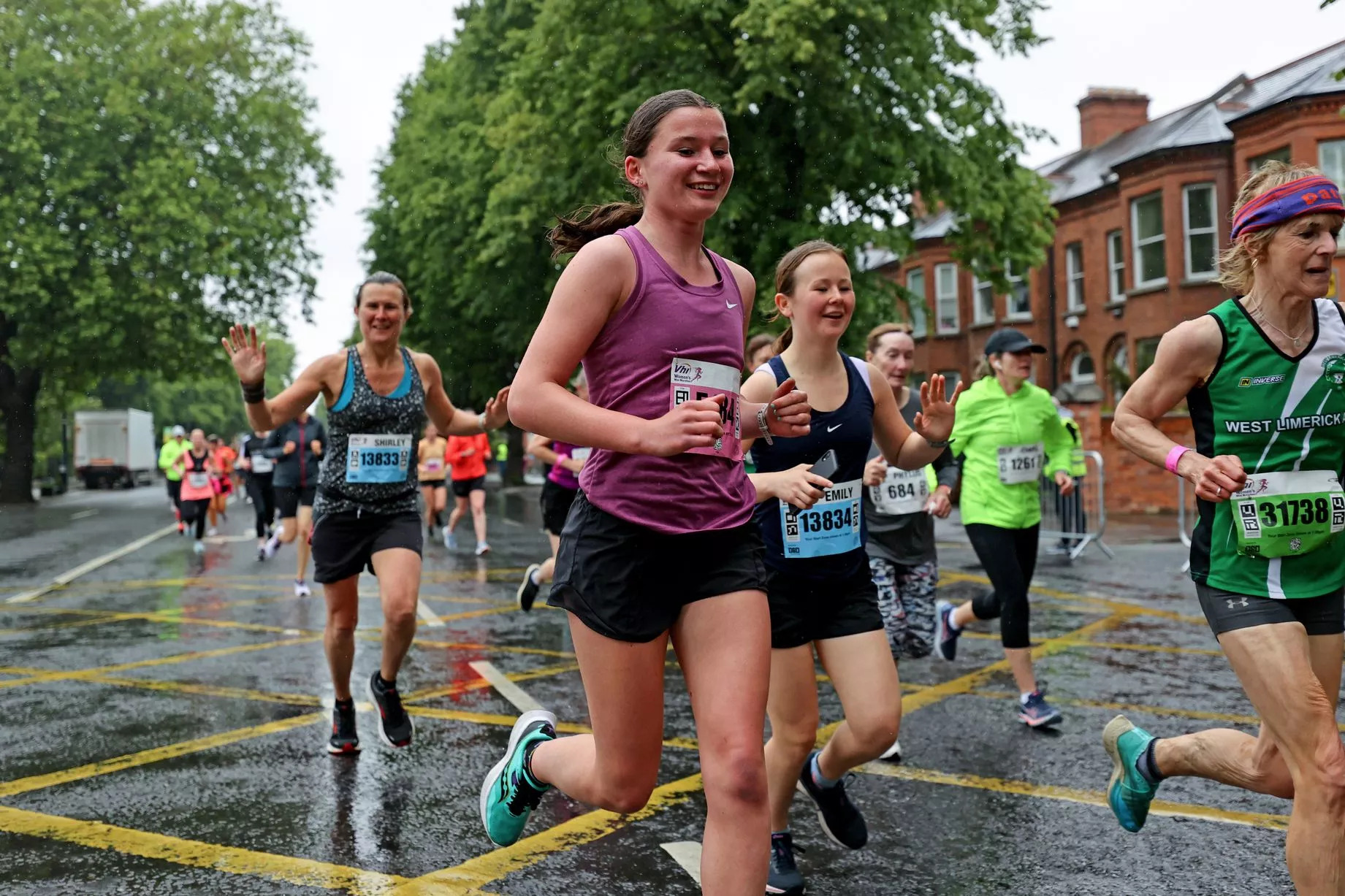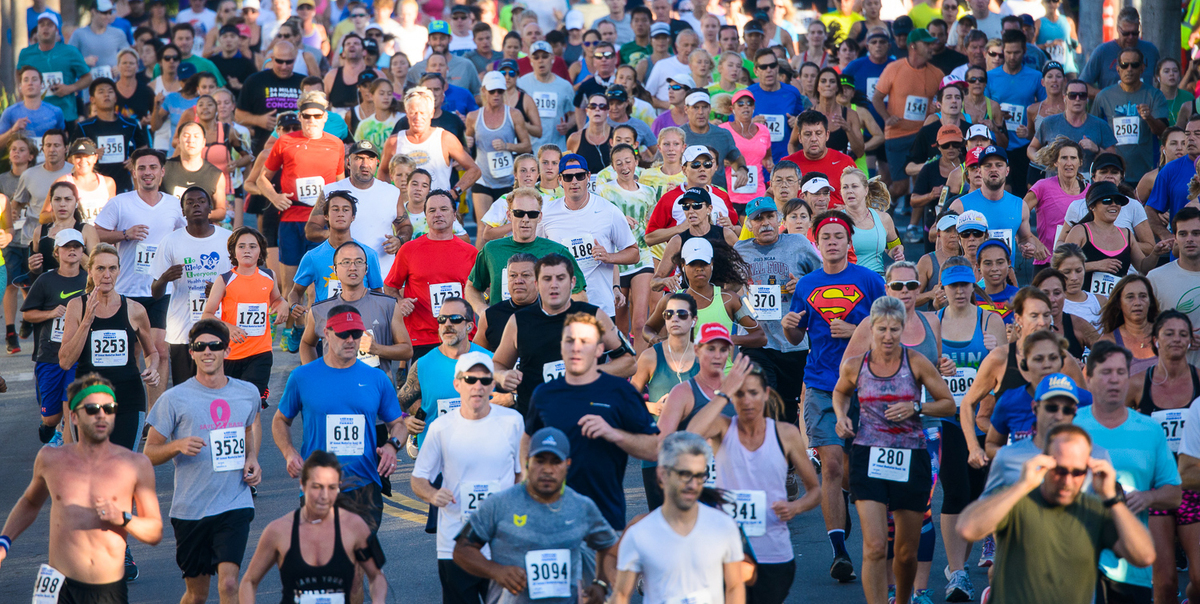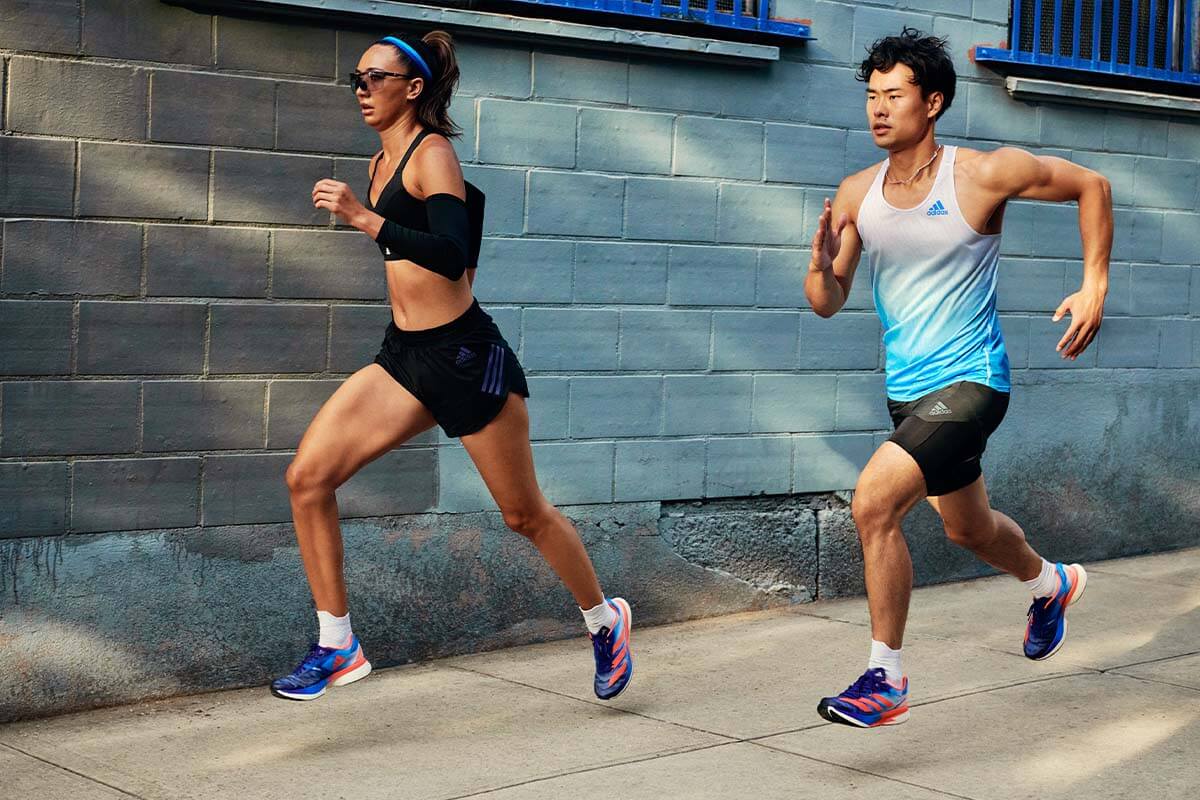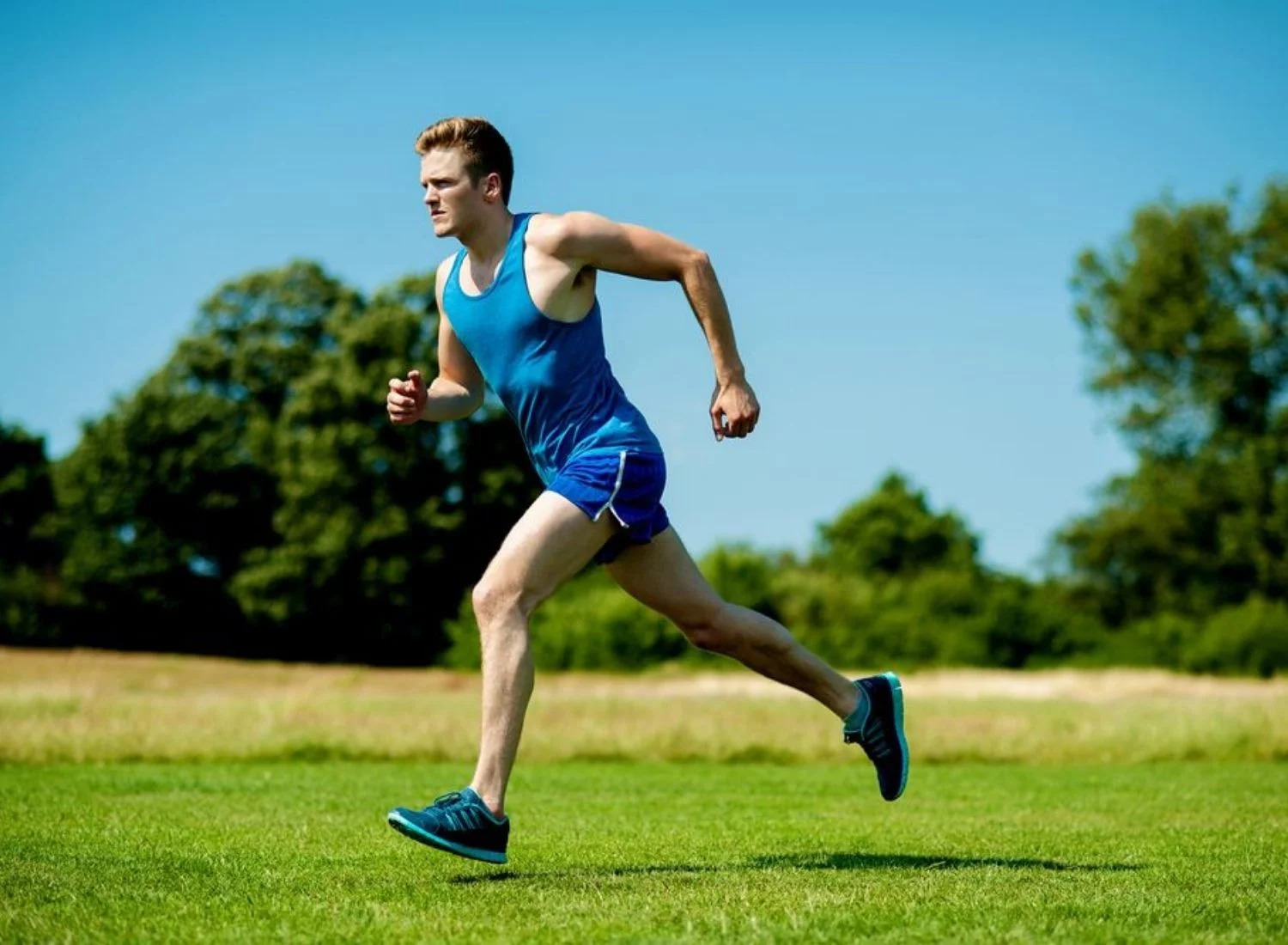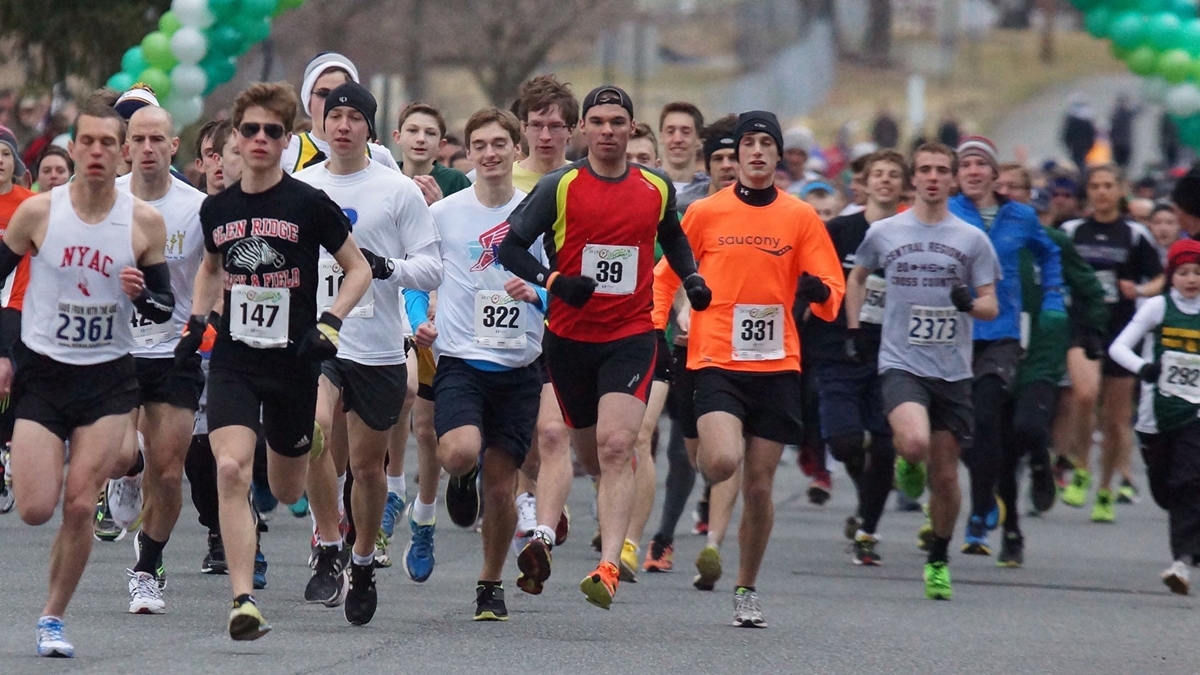Home>Misc>Featured>How Many Calories Do You Burn On A 10K Run
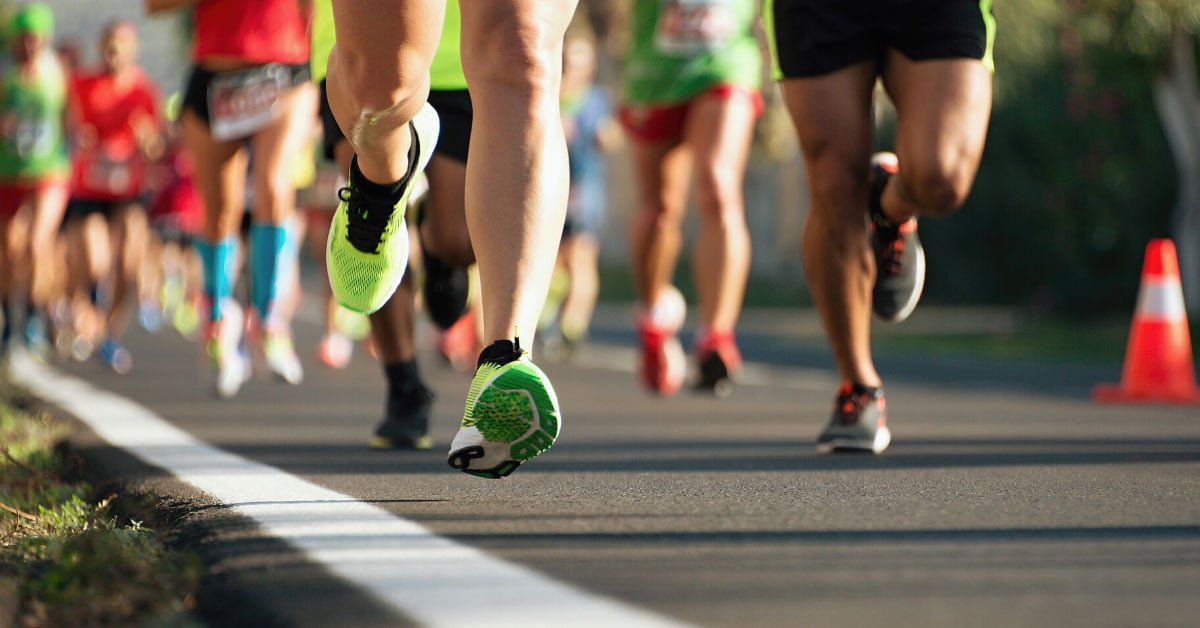

Featured
How Many Calories Do You Burn On A 10K Run
Modified: January 22, 2024
Discover how many calories you can burn by running a 10K. Featured article providing insights on energy expenditure during this challenging distance.
Introduction
Running is a fantastic form of exercise that can help you stay fit, improve cardiovascular health, and boost your overall well-being. Whether you’re a seasoned runner or just beginning to explore this activity, you may be curious about how many calories you can burn during a 10K run. Understanding the calorie burn associated with running can provide valuable insights into your fitness goals and help you plan your workouts more effectively.
However, it’s important to note that calculating the exact number of calories burned during a 10K run can be challenging due to various factors that influence energy expenditure. Nevertheless, in this article, we will explore the key factors that affect calorie burn during a run and provide you with a general idea of the energy expenditure during a 10K run.
Before we delve into the details, it’s essential to realize that every individual is different, and therefore, calorie burn can vary from person to person. The factors that impact the number of calories burned include age, gender, body weight, running pace, terrain, and individual fitness level. Understanding these factors will help you estimate a rough calorie burn figure for your 10K runs.
Furthermore, it’s important to keep in mind that the calorie burn estimate provided is just that – an estimate. It may be helpful as a general guideline, but it should not be considered as an absolute measurement. The goal is to provide you with a rough idea of the calorie burn so you can gauge the intensity of your workouts and adjust your diet and exercise routine accordingly.
So, let’s dive into the factors that influence calorie burn during a 10K run and how we can estimate it.
Factors Affecting Calorie Burn
Several factors can influence the number of calories you burn during a 10K run. Understanding these factors will give you a clearer idea of the energy expenditure associated with running and help you make informed decisions about your workout routine. Let’s take a look at some of the key factors:
- Body Weight: Your body weight plays a significant role in determining how many calories you burn during physical activities. Generally, the more you weigh, the more calories you will burn while running since it requires more effort to move a heavier body.
- Running Pace: The intensity at which you run also affects calorie burn. Running at a faster pace will require more energy and result in a higher number of calories burned compared to running at a slower pace.
- Terrain: The terrain you choose for your run can impact calorie burn as well. Running uphill or on uneven surfaces requires more effort and engages additional muscles, leading to a higher calorie burn compared to running on a flat surface.
- Fitness Level: Your current fitness level plays a role in determining how efficiently your body burns calories. Generally, fit individuals tend to burn fewer calories during exercise compared to beginners, as their bodies have adapted to the demands of running.
- Age and Gender: Age and gender also influence calorie burn. Younger individuals and males tend to have a higher basal metabolic rate (BMR) and a higher muscle mass, resulting in a higher calorie burn during exercise.
- Effort Level: The effort level you put into your run, such as running with more intensity or incorporating intervals, can also impact calorie burn. Pushing yourself to run faster or incorporating sprints can increase the number of calories you burn.
- External Factors: External factors such as weather conditions can affect calorie burn indirectly. Running in colder temperatures, for example, may slightly increase calorie burn as your body works harder to maintain its core temperature.
It’s important to keep in mind that these factors interact with each other, and it’s their combined impact that determines the overall calorie burn during a 10K run. Understanding these factors will help you assess and make adjustments to your running routine to optimize calorie burn and achieve your fitness goals.
Calorie Burn Calculation
Calculating the exact number of calories burned during a 10K run can be challenging due to the individual variations and multiple factors involved. However, there are methods that can provide a rough estimate of the calorie burn associated with running.
One common method is to use a calorie burn calculator. These calculators take into account factors such as body weight, running pace, and duration to estimate the number of calories burned. While these calculations may not be 100% accurate, they can serve as a good starting point for understanding the energy expenditure during a 10K run.
Another approach to estimate calorie burn is to use metabolic equivalents (METs). METs are a measure of the energy expenditure of an activity relative to the resting metabolic rate. For running, the MET value is typically around 8.3 for a moderate pace and 11.0 for a faster pace.
To calculate calorie burn using METs, you can use the following formula:
Calories Burned = MET value x Body Weight (in kg) x Duration (in hours)
For example, if an individual weighs 70kg and completes a 10K run in approximately 1 hour (0.1 hours), using a MET value for running at a moderate pace (8.3), the calculation would be:
Calories Burned = 8.3 x 70kg x 0.1 hours = 58.1 calories
Keep in mind that this formula provides only an estimate, as individual variations and other factors come into play. It’s also important to note that this calculation does not consider factors such as age, gender, or terrain, which can influence calorie burn.
Additionally, if you have access to a heart rate monitor with a calorie burn feature, it can provide a more accurate estimation, as it takes into account your heart rate and individual attributes. These devices use algorithms to calculate calorie burn based on heart rate data and personal parameters such as age, weight, and gender.
Remember, these calculations are not exact and should be viewed as rough approximations. However, they can be useful in providing a general idea of the calorie burn associated with a 10K run, helping you plan your workouts and track your progress.
Energy Expenditure During a 10K Run
Running a 10K (6.2 miles) is a significant distance that requires stamina, endurance, and a considerable amount of energy. Understanding the energy expenditure during a 10K run can provide insights into the physical demands of the activity.
The energy expenditure during a 10K run depends on several factors, including body weight, running pace, and terrain. On average, a person weighing around 150 pounds (68 kilograms) can expect to burn approximately 600-700 calories during a 10K run. This estimate assumes a moderate running pace of around 9-10 minutes per mile.
For those aiming for a faster running pace, the calorie burn will be slightly higher. Running at a faster pace of around 7-8 minutes per mile can increase the calorie burn to about 700-800 calories for the same distance.
It’s important to note that these numbers are approximate and can vary depending on individual factors. For example, someone with a higher body weight may burn more calories, while someone with a lower body weight may burn fewer calories during the same distance.
The terrain can also impact energy expenditure. Running on a flat surface requires less effort compared to running on hilly or uneven terrain. So, running a 10K on hilly terrain can result in a slightly higher calorie burn due to the additional effort required to navigate the inclines.
Overall, the energy expenditure during a 10K run can be substantial, making it an effective cardiovascular exercise for calorie burn and weight management goals.
Remember that the calorie burn during a 10K run is just one aspect of the benefits you gain from this activity. Running also strengthens muscles, improves cardiovascular fitness, and releases endorphins that contribute to a sense of well-being.
By incorporating 10K runs into your fitness routine, you can not only burn calories but also reap the countless health benefits associated with regular aerobic exercise.
Other Factors to Consider
While body weight, running pace, and terrain are important factors that influence calorie burn during a 10K run, there are other factors to consider as well. These factors can provide a more comprehensive understanding of the energy expenditure during your runs and help you optimize your workouts. Let’s explore some of these factors:
- Efficiency: Your running efficiency plays a role in the number of calories burned. Experienced runners who have developed efficient running techniques may burn fewer calories compared to beginners who exert more effort in each stride.
- Environmental Conditions: Weather conditions, such as heat and humidity, can impact calorie burn. Running in hot or humid conditions may cause your body to work harder to cool down, leading to increased calorie burn.
- Level of Fitness: Your fitness level at the time of the run can also affect calorie burn. As you become more fit, your body adapts and becomes more efficient at running, which can result in slightly lower calorie burn compared to when you started.
- Running Form: Your running form can impact energy expenditure. Maintaining proper form and mechanics, such as a tall posture, efficient arm swing, and avoiding excessive lateral movement, can help optimize energy efficiency during your runs.
- Pre and Post-Run Nutrition: The fuel you provide to your body before and after your runs can influence calorie burn. Consuming carbohydrate-rich foods to fuel your run and replenishing your body with proper nutrition afterward can optimize energy expenditure and aid in recovery.
- Muscle Mass: The amount of muscle mass you have can influence calorie burn in the long term. Muscles require more energy to maintain compared to fat, so individuals with higher muscle mass may have a higher basal metabolic rate, leading to increased calorie burn even during resting periods.
It’s important to remember that while these factors contribute to the overall calorie burn during a 10K run, the primary focus should be on enjoying the activity, maintaining a consistent running routine, and listening to your body’s needs.
By considering these additional factors and tailoring your training accordingly, you can optimize your running performance and achieve your fitness goals effectively.
Conclusion
Running a 10K can be a challenging and rewarding endeavor, both physically and mentally. Understanding the factors that affect calorie burn during a 10K run can help you make informed decisions about your training and improve your overall fitness.
While it’s difficult to calculate the exact number of calories burned during a 10K run due to individual variations and multiple influencing factors, there are methods that can provide a rough estimate. By considering factors such as body weight, running pace, terrain, and other variables like efficiency, environmental conditions, and fitness level, you can get a general idea of the energy expenditure associated with your runs.
Remember that the calorie burn during a 10K run is just one aspect of the benefits you receive from this activity. Running has numerous physical and mental health benefits, including strengthening muscles, improving cardiovascular health, and boosting your overall well-being.
As you continue your running journey, it’s essential to listen to your body, focus on proper nutrition, and maintain a consistent training routine. By doing so, you can optimize your performance, achieve your fitness goals, and enjoy the countless rewards that come with running.
So, lace up your running shoes, hit the pavement, and embrace the joy of running it! Whether it’s for fitness, stress relief, or simply the love of the sport, running a 10K can be an exhilarating experience that leaves you feeling accomplished and energized.
Happy running!
